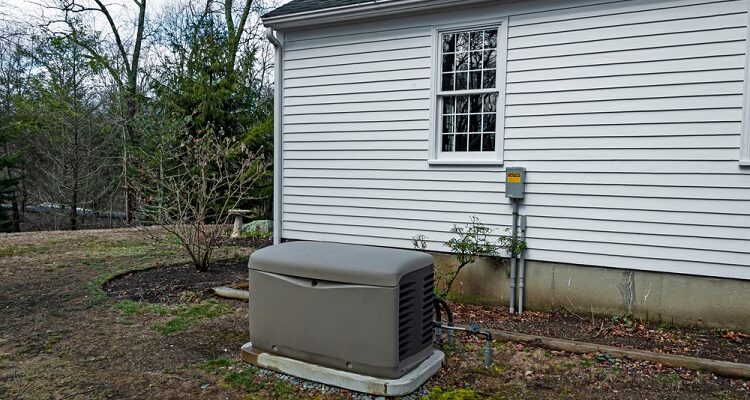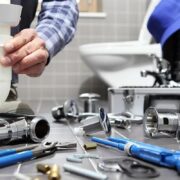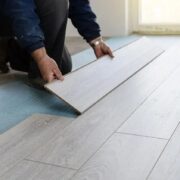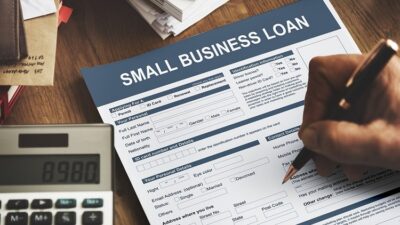When you lose power, you lose a lot of things. You lose the ability to cook food, which means you will have to rely on canned food and other quick methods of cooking that don’t require power. You also lose the ability to keep your refrigerator cold, which means you will have to eat all of your food within a few days. You may also lose access to running water, which means taking a shower will be difficult or impossible.
You may have heard that the power is out and that it could be a while before it comes back. Maybe you are at work, or maybe you are stuck in traffic. Either way, you are not home to prepare your home for this power outage and you do not know what to do when you get home.
If you have a generator and fuel for it, then you can run the generator until the power comes back on. However, if the power outage is going to be several days or more, then you will need alternative sources of power. Below are the tips that help you in preparing your home when there is no power.
Make sure you have enough supplies on hand to last 72 hours. That means having enough food and water for everyone in your household. Check expiration dates on packaged foods and rotate items that need refrigeration or freezing.
A battery-powered radio can be a lifesaver in an emergency because it allows you to get information about what’s going on in your area and how long power might be out. If you have relatives or close friends outside the region, you can use it to keep in touch with them as well.
Turn off all unnecessary lights, appliances and electronics. Turn off all appliances except those needed for emergency use. Turn off all lights except those needed for emergency use. You should also turn off any gas lines leading into your house, and make sure that no one is using any gas-powered devices in your home — such as a lawn mower — in case of a gas leak during the storm.
Shut off the main circuit breaker. This ensures that any appliance or device plugged into the outlet will not be active during a power outage. It’s also important to unplug any devices that use batteries, such as radios and flashlights.
Keep flashlights and radios handy in case of an emergency. Flashlights should be kept near doorways so they can be easily accessed in case of a night time emergency, while radios should be kept in areas that are easy to hear from anywhere in the house (such as kitchens).
Learn more about backup sources of electricity, on this website: www.decoratingparty.com















Comments